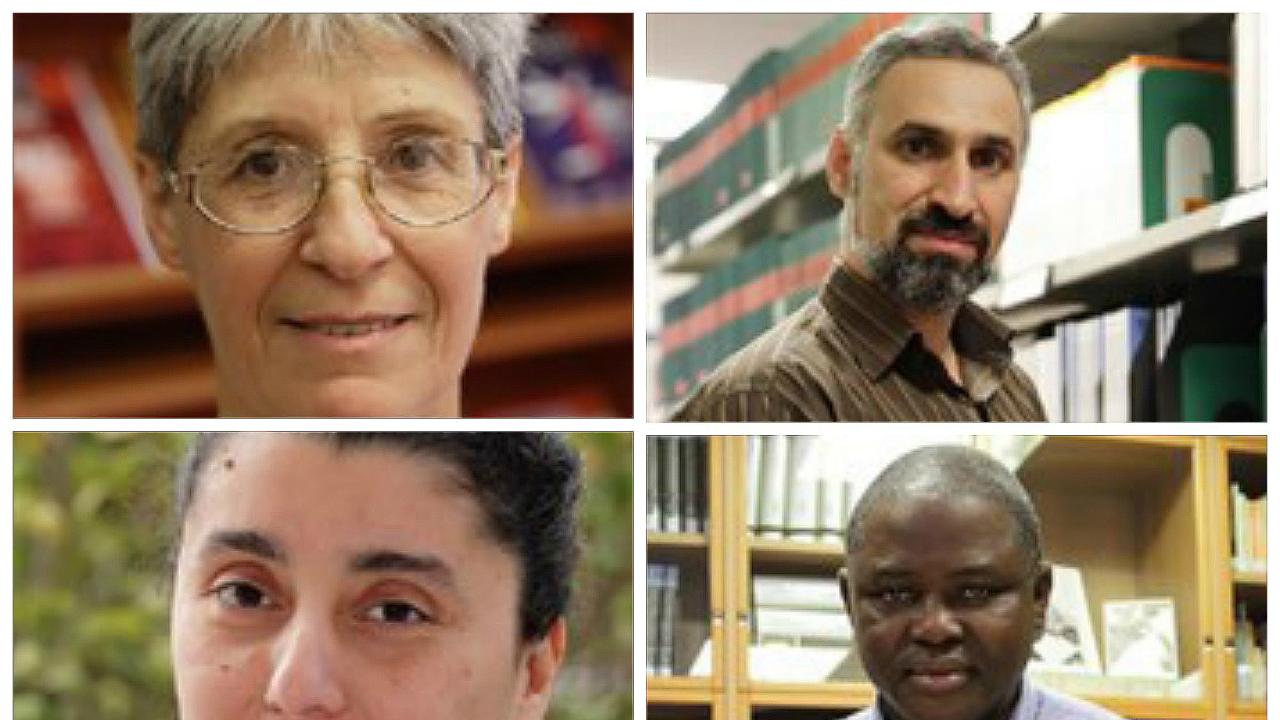
Since its inception 50 years ago, ICTP has supported tens of thousands of scientists from all corners of the globe through training and research activities in Trieste and other countries. One such activity to support scientists from the developing world is the Associate Scheme, which enables individual scientists to maintain long term formal contacts with ICTP's stimulating and active scientific environment. In 2014, ICTP started a new category of Associates called the Simons Associates, supported by a grant from Simons Foundation. Since then, the Simons Associate Scheme has supported 24 scientists. Here, we profile six of them.
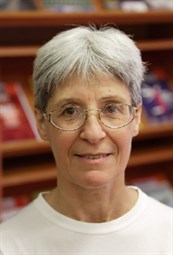 |
| Carmen Nunez |
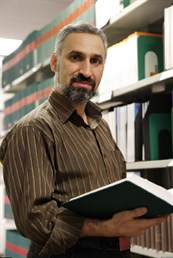 |
| Mohsen Alishahiha |
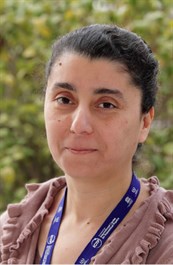 |
| Sonia Haddad |
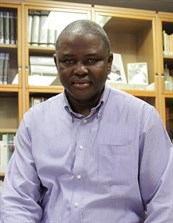 |
| Elijah Oyedola Oyeyemi |
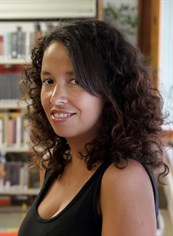 |
| Estefania German |
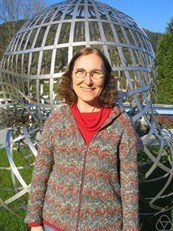 |
| Alicia Dickenstein |
Carmen Nunez, Argentina
Carmen Nunez has had strong ties with ICTP since 1987. She started at the Centre as a postdoctoral fellow and has visited ICTP almost every year since. Nunez says that although the Argentinean government has really supported science over the last decade, the grants are not very high, and the researchers do not get much money for travel and to attend conferences. This, according to Nunez, is where schemes like the Simons Associateship prove crucial. "It gives us an opportunity to go abroad and meet other scientists, colleagues, and people working in the same areas," she says. "Moreover, as a Simons Associate I can bring along a student or a postdoc. "
Nunez says that her association with ICTP has been important for her research career. She is excited that ICTP now has a branch in South America (the ICTP South American Institute for Fundamental Research in São Paulo, Brazil), and hopes this will give more opportunities to South American researchers to be in touch with cutting edge research.
Mohsen Alishahiha, Iran
Mohsen Alishahiha has been a regular visitor to ICTP since 1996, when he first came to attend a Spring School in High Energy Physics. Now, he is visiting ICTP as a new Associate under the Simons Associateship Scheme.
Whether one is an ICTP visitor or a participant of a more formal scheme such as the Simons Associateships, the Centre offers the same kind of experiences and facilities, according to Alishahiha. But he says the advantage of being an Associate is that it has allowed him to make long-term plans and collaborate with ICTP researchers on longer-term projects. The Associateship allows him to have extended visits that make it easier to participate in ICTP's scientific activities. During his latest visit, Alishahiha was able to attend the 2014 Spring School on Superstring Theory and Related Topics held from 31 March to 8 April.
Sonia Haddad, Tunisia
Sonia Haddad says that being a theoretical physicist in Tunisia, her home country, can be quite challenging. But, as a Simons Associate at ICTP, she feels she has gained the know-how to address some of these challenges. The three main roadblocks to doing good research in physics, according to Haddad, are inefficient administrative procedures (especially for fund allocation), the lower quality of education at the graduate level, and lack of interaction with other researchers from the field.
As a Simons Associate, Haddad has begun collaborating with two ICTP research scientists from the Condensed Matter and Statistical Physics (CMSP) section. "This is very important for us because it helps us to keep contact with outstanding researchers," she says. Haddad says that now she can arrange her visits to coincide with ICTP scientific activities related to her research area. "During such events, we can also exchange ideas with other people and maybe also start a new axis of research," she adds.
Elijah Oyedola Oyeyemi, Nigeria
The challenges faced by Elijah Oyedola Oyeyemi and his fellow Nigerian colleagues are many, from a lack of the necessary research equipment to poor Internet connectivity and unreliable power supplies. As a Simons Associate, however, Oyeyemi was able to come to ICTP in May and June of 2014, where he conducted research in the Telecommunications/ICT for Development laboratory.
"The Associateship scheme affords scientists the opportunity to do meaningful research, interact with other scientists across the globe, and have possible collaborations through the exchange of ideas and data for publications," Oyeyemi summarized. "I sincerely thank the ICTP for this great opportunity to carry out my research as an Associate."
Estefania German, Argentina
As a researcher in materials science for renewable energy in her native Argentina, Estefania German battles a lack of computational resources, training, and funding for her projects. The opportunity to visit ICTP as a Simons Associate, however, allowed her to overcome many of these obstacles while forging new connections to other researchers.
"This opportunity is an excellent contribution to my career," German said. In particular, she enjoyed the networking and teamwork she began during her visit to ICTP in May and June of 2014. In fact, she cites the ability to "join efforts to work on topics of mutual interest," which she hopes will lead to advances in the field, as the programme's most important benefit.
Alicia Dickenstein, Argentina
For Argentinean mathematician Alicia Dickenstein, ICTP has been the platform for numerous possibilities—forging scientific collaborations, attending high-level conferences and workshops, and meeting colleagues from all over the world. That ICTP was a unique institution was obvious to her from the time she first visited the Center in 1987. "It gave us an opportunity to go abroad and meet other scientists, colleagues, and people working in the same areas," she says.
Although, over the last decade, Dickenstein has seen growing government support in Argentina for science, funding and grants, especially for travel, continue to be low. This leaves many researchers cut out from the international scientific community. She says that the Simons Associateship provides important support for researchers such as her so that they continue to be in touch with other researchers and international research environments. Moreover, the support not only covers her own visit to ICTP but also extends to a student or a post-doc, and that she feels is one of the main advantages of being a Simons Associate.
















